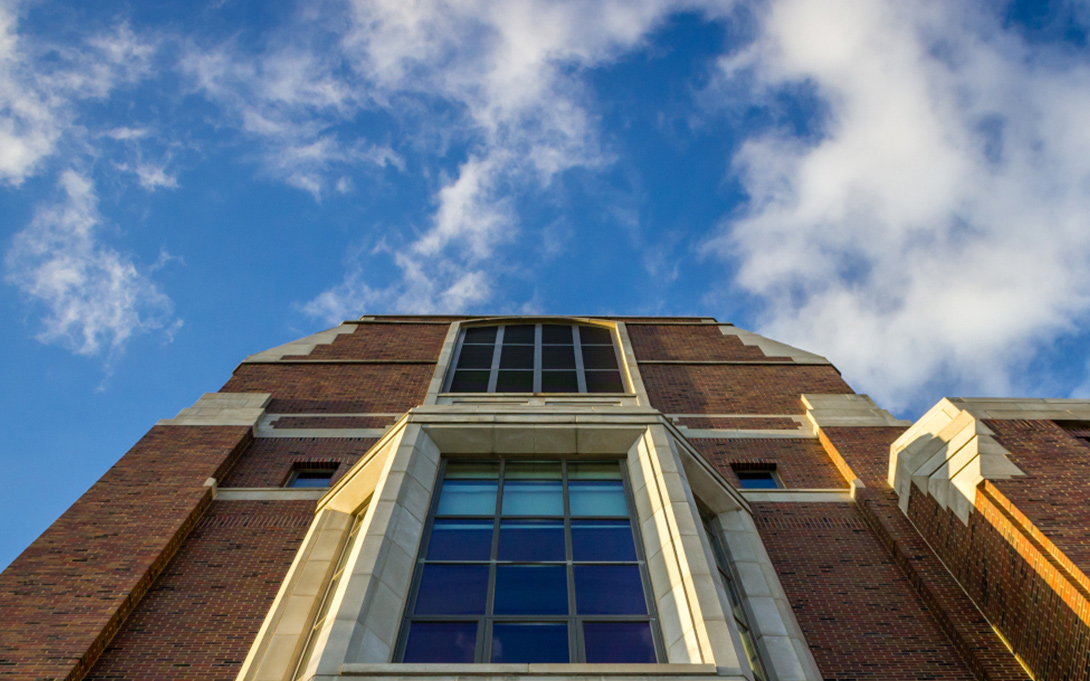
The Gerald R. Ford School of Public Policy at the University of Michigan is recognized again as one of America’s top graduate programs in public affairs, according to the latest U.S. News & World Report rankings.
According to the rankings, based on surveys of deans and faculty at 276 programs of public affairs, the Ford School is the #1 program in the country for social policy, a position it has held in the rankings since 2012. This ranking reflects deep and long-standing strengths in and commitment to research and public policy engagement related to poverty, inequality, educational disparities, and vulnerable populations. Ford School faculty and research centers are shaping domestic social policy across a wide range of domains, including health care, access to education, smart cities, labor markers, and science and technology policy.
The Ford School is also #2 for public policy analysis—the essential element that distinguishes our rigorous social science-based program from competitors in the field of public affairs.
Overall, the Ford School ranked #8 among public affairs programs, including both schools of public policy and public administration. The school is ranked #3 in health policy and moved up three spots to #5 in environmental policy. The Ford School was also ranked #11 for international and global policy, driven in part by the launch of our Weiser Diplomacy Center last fall.
We are reminded of the importance of the public sector as the COVID-19 pandemic has created an unprecedented situation, particularly for vulnerable people and communities—testing public leadership at local, state, and federal levels. The field of public policy involves difficult work that includes scientific inquiry and analysis, as well as leadership skills to bring the country together to solve major problems. Public policy leaders must develop empirically based strategies, navigate politics, build diverse teams and coalitions, communicate across differences, and execute on their strategies in complex and evolving circumstances. We are proud of the commitment of our faculty, students, and alumni who protect vulnerable populations by working on public health, economic and social policy, and national security responses in this crisis.
“At a time when we need empirically based public policy more than ever, I am proud of how the Ford School prepares future policy leaders,” said Michael S. Barr, Joan and Sanford Weill Dean of Public Policy. “The Ford School continues to build on its strengths by collaborating across the University of Michigan and with policymakers around the globe to inspire and prepare our graduates to take on our communities’ and the world’s most pressing challenges.”
The U.S. News and World Report rankings are developed through a survey of deans, directors, department chairs, and faculty representing 276 master’s programs in public affairs and administration. Two surveys were sent to each school. Respondents were asked to rate the academic quality of master's programs. For specialty ratings, deans, directors, department chairs, and faculty were asked to nominate up to 15 programs for excellence in each specialty.